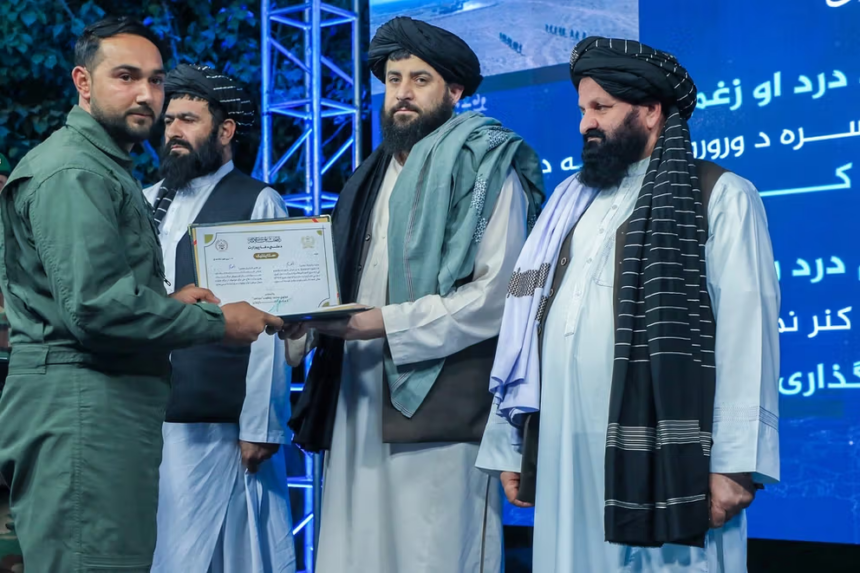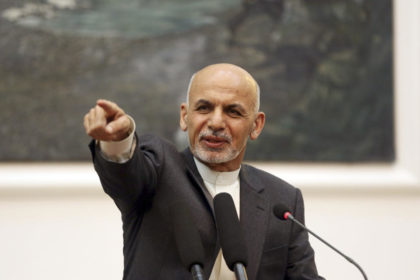RASC News Agency: Mullah Yaqub, the Taliban-appointed Minister of Defense, publicly commended medical personnel from Kabul’s 400-Bed Hospital, local rescue teams, and select members of the Taliban’s own military apparatus for their efforts in responding to the devastating earthquake in eastern Afghanistan. In a press release issued Thursday, 20th Sunbula, the Taliban Ministry of Defense stated that Mullah Yaqub praised doctors who traveled to the earthquake-affected districts of Kunar province, alongside the ministry’s media team and private merchants who contributed humanitarian assistance. The release quoted him saying: “I find no words to honor the courage you demonstrated during this disaster.” According to the statement, certificates of appreciation and monetary awards were distributed to those recognized.
While the official announcement portrays the Taliban as actively supporting relief efforts, multiple local sources and international humanitarian organizations report that the group has simultaneously imposed severe restrictions on aid operations. In Kunar province, for instance, Taliban authorities reportedly prohibited media coverage of the earthquake’s impact and warned journalists that violating these orders would result in harsh punishment. Such measures have drawn criticism for undermining transparency, hindering impartial aid distribution, and limiting access to the most vulnerable populations. The 6.0-magnitude earthquake that struck eastern Afghanistan on 9th Sunbula has claimed at least 2,205 lives and injured over 3,500 individuals. Kunar province suffered the highest human and structural losses, and international assessments estimate that roughly 500,000 residents have been affected by the disaster.
Humanitarian observers emphasize that, despite the Taliban’s public commendations, their tight control over relief operations and media coverage transforms even life-saving assistance into a tool for political legitimacy. Restrictions on independent reporting and selective aid distribution raise fears that marginalized communities may be neglected. Aid organizations continue to call for unrestricted access to all affected areas to ensure equitable and timely delivery of humanitarian support, highlighting the urgent need for effective coordination free from ideological interference.
Experts note that such performative gestures by the Taliban serve more to bolster the group’s image than to address the actual humanitarian crisis. While Mullah Yaqub’s awards and praise of doctors may appear as recognition, the Taliban’s broader policies continue to hamper emergency response, stifle accountability, and exacerbate the suffering of ordinary Afghanistanis.






